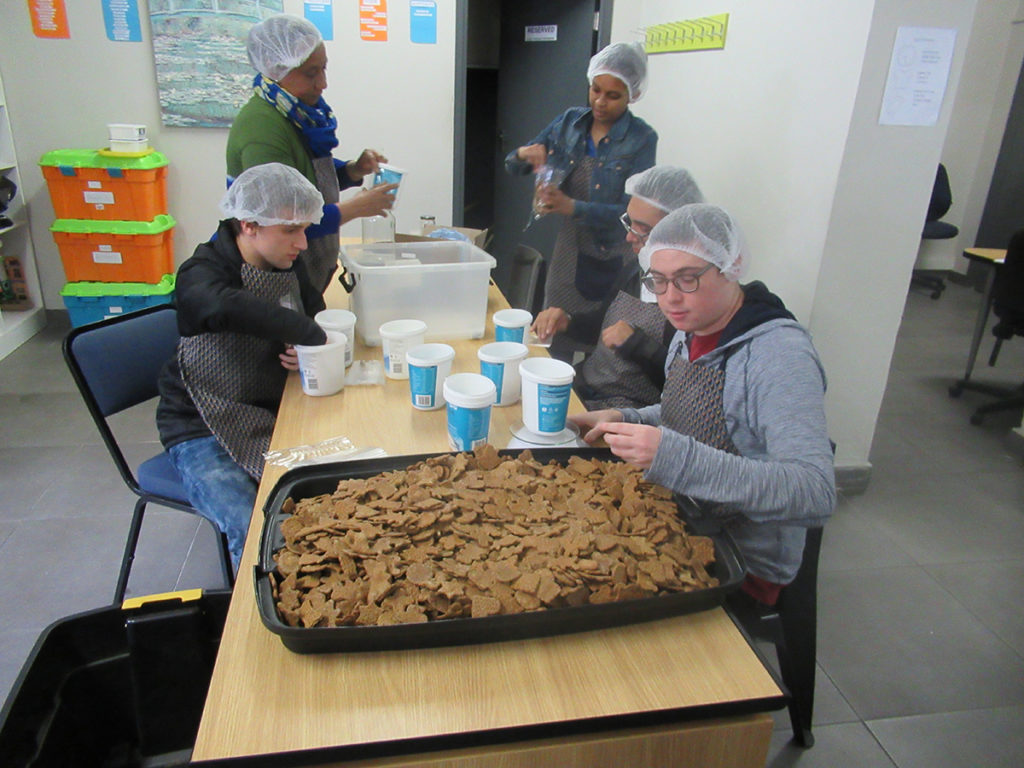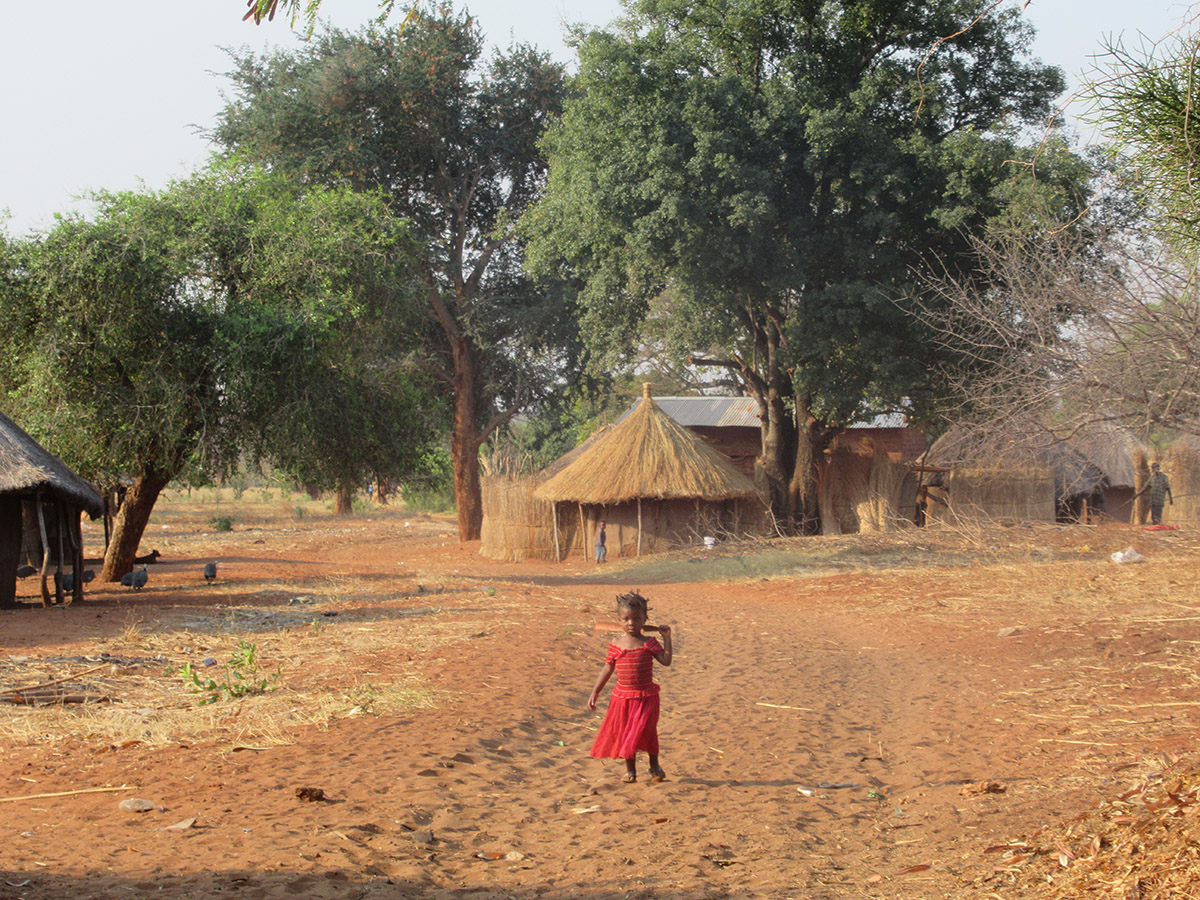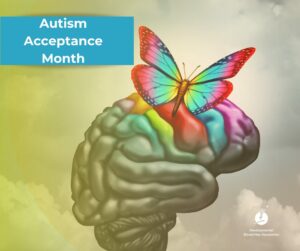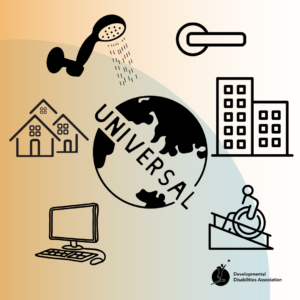By Alanna Hendren, Executive Director
In the fall of 2018, DDA President Ronda Karliner and I were invited on a trip to Zambia and South Africa, to learn how these countries have created and managed programs for people with developmental disabilities.
Over the course of two weeks, we were introduced to the facilities, the innovations and most importantly the people who are tirelessly working towards creating inclusive and educational spaces for individuals with developmental disabilities.
The trip started in Zambia, where they have been developing programs and education around disabilities since they signed the UN Charter on the Rights of People with Disabilities in 2008. Over the past 10 years, advocates have been working to shift cultural norms around people with disabilities and to help them gain acceptance in Zambian society, which is rooted in traditional beliefs. The Norwegian Disability Consortium have partnered with Zambia and have been providing training in inclusive education, sustainable economic empowerment and disability since 2009. Through this partnership, the Zambian government agreed to a “Twin Track” approach to inclusion, focusing on strengthening existing structures and approaching disability from a multi-sectoral perspective.
While in Zambia, we visited the Shungu Primary and Secondary School, which is a pilot school for inclusive education in Zambia. Children with disabilities typically attend different schools than their peers or no school at all, however more inclusive programs are growing. Some pilot schools have volunteered to welcome children with special needs into their school, with one special needs teacher assigned to act as a liaison, expert and cheerleader for inclusion. At the Shungu School there are 1,200 students with 240 labelled as having special needs, which includes physical, sensory, intellectual and learning disabilities. The teachers are some of the most enthusiastic I have ever met. Solomon, a student with an intellectual disability, has been kicked out of several schools but now attends the Shungu School where he is performing well among his peers. Although they still face significant barriers in community acceptance and financial accessibility for students, the Shungu School shows the promise of inclusive learning is in Zambia.
Working beyond the classroom are Community Development Assistants, who reach out to families within the community to assist with maximizing the developmental potential of children with disabilities. This program provides health and educational outreach to children in traditional villages, encouraging families to use adaptive devices made out of common materials and create environmental adaptations for their children. In the Mukuni Village, we were able to meet with Joseph, who was receiving a visit and review from a Community Development Assistant. He had made great progress since his last visit and was eager to demonstrate his language comprehension skills by retrieving items from his natural environment.
Many gaps still remain in Zambia’s disability system and they have significant challenges to overcome. Along with a general need to alleviate struggles exacerbated by poverty, Zambia stills needs early identification services, better family supports, community sensitization, school materials and for parents to become key teachers, however, the work of the Community Development Assistants and the development of inclusive education are already leading to significant developments for Zambia’s special needs children. The strength of their families and communities will serve them well into the future.
From Zambia, our group travelled to South Africa where support and programming for people with disabilities has been growing since the end of apartheid in in the early 1990’s. All sorts of legislation has been passed, including the ratification of the UN Convention on the Rights of People with Disabilities. There are many issues that South Africans face because of their troubled history and within this broader context people with disabilities face even more issues, with personal safety, community acceptance and educational opportunities. It was only in 2010 that the South African court ruled that children with disabilities were entitled to affordable and accessible education. However, as Professor Sharon Kleintjes explained, South Africa is attempting a “conceptual framework for empowering people with disabilities” that involves social transformation, self-directed agency and opportunities. They are trying to create environmental inclusion that respects the unique needs of each individual.

There are a number of initiatives that are providing accepting and encouraging work environments for people with disabilities, Cape Town, where we visited two such places – Brownies & Downies and Work4You. Work4You reminded me of our own Starworks Packaging and Assembly in Vancouver. At Work4You, workers are taught how to make the dog and cat treats that they produce, and gain independence. The leaders of community employment in South Africa are occupational therapists as opposed to the social work or social care community that provides such leadership in Canada. Work4You is one of the programs that was started by occupational therapists who help and train the workers. Another business we visited was Brownies & Downies, a restaurant staffed exclusively by adults with developmental disabilities that is an extension of a successful Dutch franchise. Their mandate is to improve the quality of life for people with intellectual challenges, encourage employment and create a welcoming atmosphere while they serve customers excellent sandwiches and pastries including world-famous brownies.
While in South Africa, we spent quite a bit of time at the Alexandra Hospital, the only Public Psychiatric Hospital designated for the provision of specialized mental health services to persons with intellectual and developmental disabilities. The government is currently advocating for deinstitutionalization, so patients have begun moving into group homes or back with their families. The hospital is constantly training caregivers, physicians, occupational therapists and physiotherapists in the needs of people with developmental disabilities.
Similar to the program in Zambia, Cape Mental Health operates many community based programs in South Africa’s Cape. They provide assessment, counselling and support for people with developmental disabilities while their employment services focus on finding them jobs. They also provide life-skills training programs, contract work, work experience, work crews and supported employment services. When we visited the staff, they were cheerful, proud of their work, professional and cared very much about their charges although they were operating a sheltered workshop that would be considered an ancient model in Canada. One of the biggest challenges is community safety since most of the centre’s attendees come from shantytowns where poverty and violence are constant threats to their well-being.
Throughout our trip we explored the services and supports that are available for disabled people in Zambia and South Africa. We were extremely grateful to all of the people who gave us tours, explained their work and inspired us with their ability to provide such individualized education and social support despite all the factors that worked against them. Their ability to not only overcome systemic problems but to create innovative solutions within their environments was remarkable and reminded the rest of us that simple strategies often produce the best results, particularly in areas where resources are scarce.



